The Administration’s Reaction to the Survivors of Latin
The Forum interviews members of Latin’s Administration. (Left-to -right) Ms. Lorber-Crittenden, Mr. Greer, Ms. Maajid
In response to a long history of allegations of racism within Latin–most notably, perhaps, a string of resurfaced racist text messages sent by two alumni–an online group known as the Survivors of Latin was born. The anonymous coalition, composed of students, alums, parents, and former faculty, acts primarily through their Instagram account, @survivorsoflatin. They post crowdsourced stories of alleged discrimination and sexual misconduct, which have incited outrage and a call for the administration to better address these incidents. The Latin administration recently released an email detailing actions students should take to report instances of bias and harassment to the school via an Incident of Bias Report form and a revised Sexual Misconduct Policy. But those behind the Survivors movement remain wary of the administration’s accountability, citing a “constant barrage of derogatory comments, discriminatory social dynamics, harmful/dangerous political rhetoric, and a complete lack of repercussions for those who contributed.”
For many members of the administration, reading the stories on the account has been devastating, in large part because they feel accountable. “I have a complicated reaction. I think one of the first feelings is one of anger,” says Upper School Division Director Kirk Greer. “I’m angry that so many students have suffered in our community and that I’ve been a part of this community for a long time. I’m angered at the suffering, and I’m angered that I personally haven’t done more.”
Kate Lorber-Crittenden, the Upper School Diversity Coordinator, echoes Mr. Greer’s sentiments: “This wouldn’t happen if people felt like they had been heard and their needs had been met and accounted for.” She adds, “it’s clearly responding to a very significant need to address really serious problems… it is hard to see ourselves as a part of the problem but we also know that we are, so if this is what it takes to make sure we are doing things that are actively working towards creating a safe community for everyone, I’m glad that there is a space where people’s stories are being told.”
Not only has the Instagram account revealed how prevalent discrimination is in Latin’s community, but it has exposed a larger problem – one that the school is aware of. “One of the reasons why people feel like these issues are not dealt with appropriately is because there has been no protocol,” says Ms. L-C. “So it really depends [on] who you have talked to, whether or not the adult in that community has felt like they had the authority and the information to make a decision, and then whether or not whatever they decide is actually informed by best practices and has ways of accounting for institutional bias but also racial bias, gender bias, all of these things.”
The lack of a system in place to address bias is exemplified by the fact that Eleannor Maajid, Latin’s Director of Diversity, Equity, and Inclusion, reportedly hadn’t seen the resurfaced racist text messages between Latin alumni until earlier last week. Ms. L-C responds to this saying, “She is our Director of Diversity, Equity and Inclusion and only saw those texts a week ago. So it speaks to the need for protocol, like who is supposed to be informed and included each step of the way?”
Some complaints, posted on the @SurvivorsofLatin Instagram, have also been submitted to the Bias Response team to be further investigated. “We are pursuing those as of this moment,” says Mr. Greer. However, in situations involving alumni, the school has struggled to find ways to hold their former students accountable. “Regarding the group chat that had two Latin alumni, we are still working through that process right now,” says Ms. Maajid. “I’m not saying that we are not going to do anything, but I also can’t definitely say that we have done anything yet.”
In acknowledgement of Latin’s weaknesses when it comes to addressing discrimination and harassment, the administration has avoided contacting the owners of the Instagram page until they feel they have viable solutions. “I think one of the great aspects of Survivors of Latin is that it’s an opportunity for community members who have suffered in the ways described to have a sense of solidarity, and see their experience mirrored in that of others,” says Ms. Maajid. “We didn’t want to in any way put any pressure or influence that. I want to be able to act and create the accountability that clearly the survivors group is looking for.”
According to the team, the new bias report form is designed to give students responses as soon as possible. Mr. Greer explains, “within 24 hours, regardless of the day of the week, we will respond and confirm and tell you what the next step is. As hurtful it can be to put that out there, it would magnify that hurt if you just send that experience out without getting a response.”
Incident of Bias Protocol (as shared by Mr. Greer):
-
- A response is guaranteed within 24 hours
- Members of incident of bias team (Mr. Greer, Ms. Maajid, Ms. Horvath, Ms. Hennessy, Mr. Edwards, Ms. Callis, Ms. L-C, Ms. Lawrence, and Ms. Stevens) will meet directly thereafter to discuss approach
- Families are notified
- Information is collected from students and other witnesses
- Notify person that filed incident of bias report when investigation is complete
- A summary of their work is shared periodically with the community, particularly the incidents, patterns, and strategies in place to make sure patterns of bias are eliminated
The sixth step is especially important: “So we still believe in confidentiality, but we will hold ourselves accountable to share what are the kinds and what are the patterns of reports that we receive, and put forward our proposals for how we can repair our culture in that way,” Mr. Greer adds.
The report isn’t the only preventative measure the school plans to implement. “We have to engage the entire community—there is no one who is not guilty in this,” says Ms. L-C. “We are talking about what curriculum looks like as well as what faculty and staff training looks like around this. Historically, both students and faculty alike have been able to opt in to how or whether [they] engage in conversations about identity. Ms. Maajid and I are pushing for practices that ensure that everyone has to engage in conversations in some way, whether that’s with different requirements for how students choose classes, how faculty choose or opt into professional development opportunities.”
Changes to the curriculum such as the one the school is planning have historically been met with backlash. In fact, one of the Survivors of Latin posts deals with a student’s disappointment in the removal of a unit in Physics discussing social justice.
However, the administration has no plans of conceding to dissenting outcries. “A lot of the work that we do means that we have to be prepared for backlash, because everybody is not going to like everything you do,” says Ms. Maajid, “and if the school decides to say ‘This is what our values are and this is what is important to us,’ we are going to deal with the backlash.”
Ms. L-C agrees: “With all the institutional power that we have, I think we actually forget that we have it sometimes, when we really need it. Latin is a private school. We are an opt-in community one hundred percent,” she says. “People elect to attend Latin, and so if we have a mission about what we value we get to stand by that and say ‘If you don’t like what we’re doing here, that’s okay. You don’t need to be here.’ I’m not saying that with attitude. It’s also the case when we historically have had pushback from faculty. If you have gotten hired at Latin, you are in a position where you can leave Latin and you are going to get a job somewhere else.”
Moreover, Ms. L-C urges students to actively seek out opportunities to educate themselves. “I wonder if students can look and see what classes have given [them] skills to engage in this conversation, what extracurriculars, provide a skillset and a way to engage and work through different perspectives in ways that search for justice. I think there’s a lot of power in being able to, as a student body, come together and say ‘What are the things the school has provided that give us these skills and how do we find ways to make sure these aren’t opt-in? Clearly we do cultivate these conversations, [but] it’s often the same groups of folks that are willing to enter those spaces.”
While most posts on @SurvivorsofLatin are anonymous and the name of the alleged oppressor is omitted, there are certainly posts about teachers in which their identity can easily be discerned. Mr. Greer details what action can be taken from such ‘anonymity.’ “I would say that the best way for us to take action is for us to have the additional details through the bias report form,” he says. “And I also understand that [for] the person that shared that story, it’s their story. I don’t intend to put pressure on that person to say more or to be more a part of the process then they are comfortable with.”
In response to the community conversation following the death of George Floyd, Mr. Greer took note of the initial demands put forth by students of color and presented them at the division meeting two days after. “It will be our commitment in this fall that every single faculty and staff member will set a goal for how they can improve their anti-racist practice at school,” says Mr. Greer.
The administration is also considering adding mandatory race-related coursework to the Latin curriculum, seeing as opt-in workshops often go unattended. “I think What is Race’s class content would significantly change how our community engaged in these conversations if everyone needed to take it,” she says.
As Ms. L-C explains, efforts must go beyond making certain classes required; these skills must be built into a pre-existing curriculum. “All teachers and faculty would have to be equipped in setting students up to discuss discomfort, and it means faculty has to have training and an understanding of how we engage in these things.” She sees these discussions happening in all classes: “all history and English classes have the potential for that, and we have to start imagining how these skills are a part of science and math classes. I think we have assumed for a long time that they are completely separate and they are not.”
Ms. Maajid also adds that they will “start the process of introducing teaching tolerance and anti-bias framework into the curriculum of JK-12.” Beginning this August, says Maajid, a trained official will work with the Upper School faculty to teach tolerance and bolster Latin’s existing curriculum with the key values of diversity, equity, and inclusion.
Moving forward, Latin plans to take whatever measures are necessary to ensure the protection of students and faculty of color. With hopes of learning from past faults, the administration aims to create a higher standard of equity and inclusion that has yet to exist in the school. It was made clear by each interviewee that in seeking change, accountability and allyship are two of the most valuable skills that members of the Latin community can learn.
In response to questions on how this will affect the school’s future, Mr. Greer responds, “I think that one of the mistakes that I want to avoid, and clearly one of the mistakes that we’ve made as a school for a long time, is that we are not listening well enough. One of the ways in which I would like to channel the anger I mentioned before, is to just want to act. Make a plan, make a set of bullet points… but that’s also short sighted. Immediately we have to listen.”
Mr. Greer says that he is “eager for the students to put forward a set of demands.” He adds, “I just want to express how remarkable, and courageous, and powerful the student’s posts have been, and that as much as some experiences at Latin have hurt them, each of those who have put up a post, it’s still an expression that even they want to make Latin better. That hope for a better future at Latin is one that I’m proud that they still share. Myself and everyone in the upper school, we want to meet that hope with our own action and our own accountability.” But in order to understand the school’s future, Mr. Greer emphasizes the significance of the nation’s response at this time.“Latin is not alone in this, there are dozens or hundreds of schools that are experiencing that right now.
The administration recognizes the difficulty associated with speaking up, but Ms. Maajid hopes students will reach out with their experiences. “I think students don’t always know what they should or should not say to an adult, but I want students and alums to know that they can trust me,” she adds, “that if I know something I can do something about what I know to the best of my ability. I just want you all to know that I’m here for you, and I am a person who fights daily for racial justice for discrimination.
“If you feel in any way uncomfortable or discriminated against or unsafe, you tell someone. And if you don’t feel comfortable telling anyone else, come tell me. We know how to keep anonymity as long as possible,” Ms. Maajid says. “We are here to support you and we hope that at some point we can build that trust in the student body to know that people have your backs, and to know that none of this behavior will be tolerated no matter who you are.”
Click here for a transcript of The Forum‘s interview with Ms. Maajid and Ms. L-C

Ashna has been writing for The Forum since freshman year, and it remains one of her favorite activities. She also enjoys working out, making...
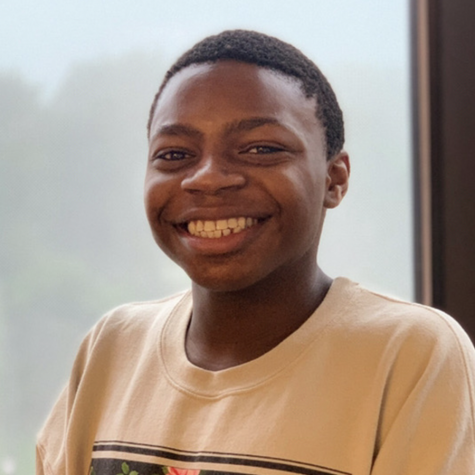
Robert Igbokwe (‘21) is a senior at Latin and is overjoyed about serving his second year as an Editor-in-Chief for The Forum. He joined The Forum freshman...
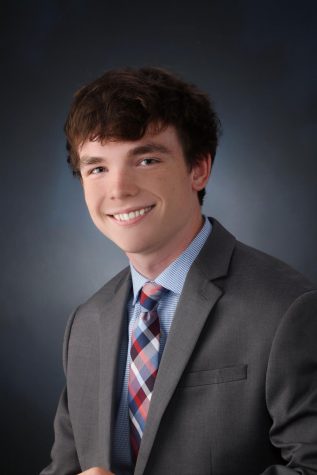
Peter Jones (‘21) is a senior at Latin and is ecstatic to be serving as Editor-In-Chief for his second consecutive year. The Forum means everything...

Nina Burik ('22) is a senior at Latin and is looking forward to serving as Standards Editor this year. In her time on The Forum staff, she has covered...
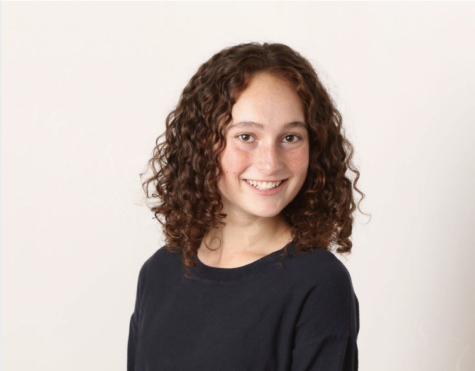
Eden Raviv (‘23) is eager to bring relevant stories and perspectives to the Latin community in her second year as Editor-in-Chief. Eden joined The...
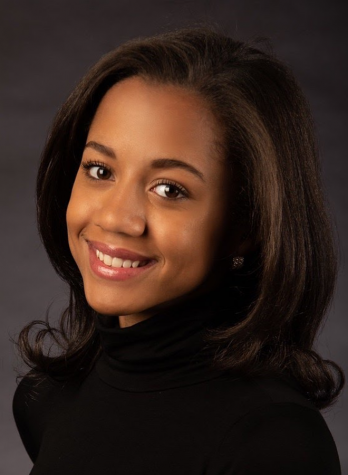
McKenna Fellows (‘22) is a senior at Latin, and is elated to serve as one of this year’s Editors-in-Chief. She is an avid reader and writer, and in...

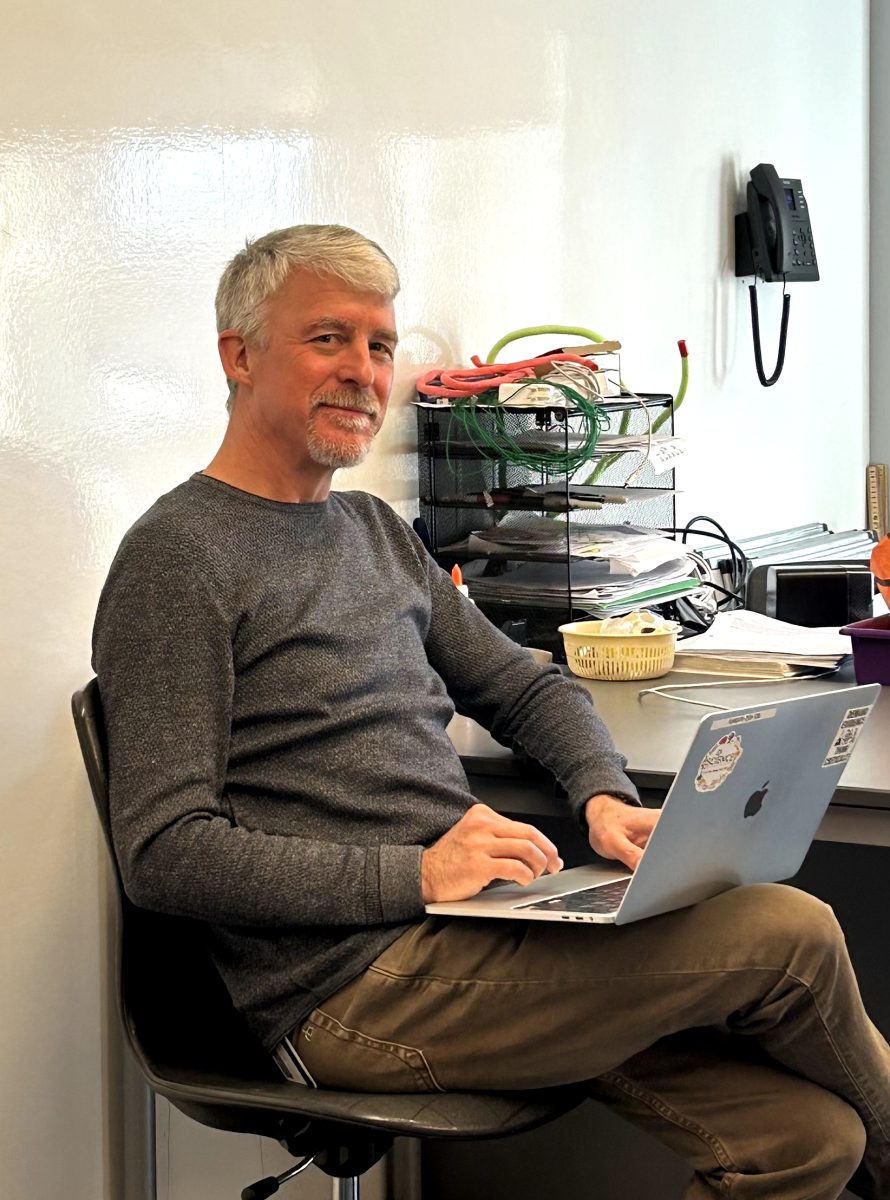
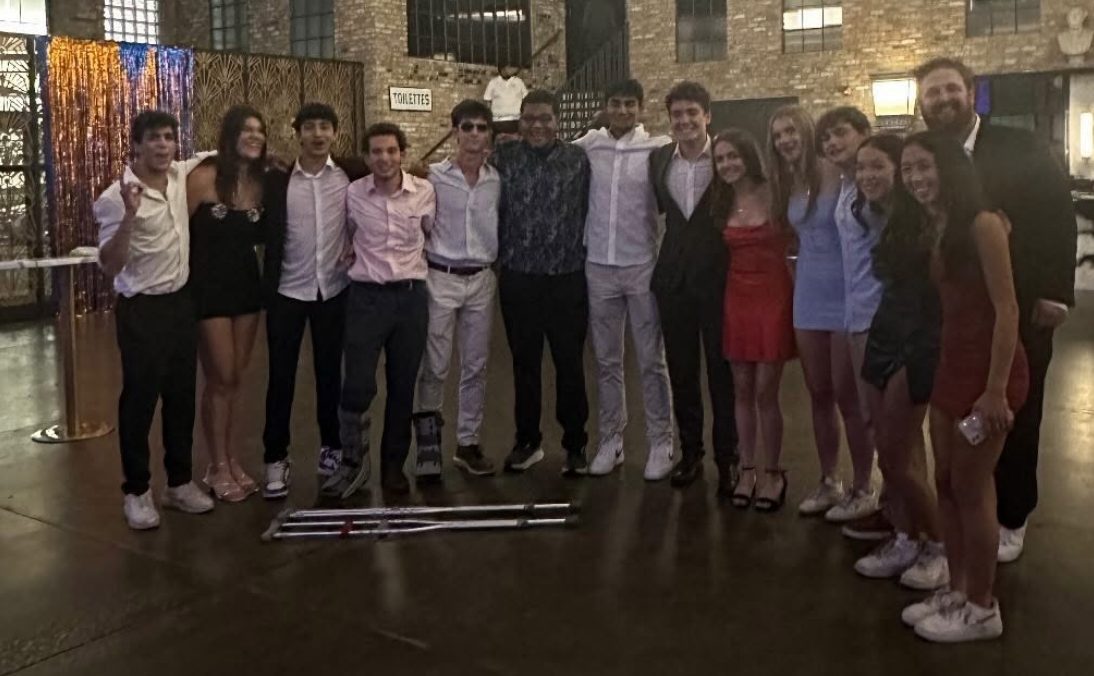

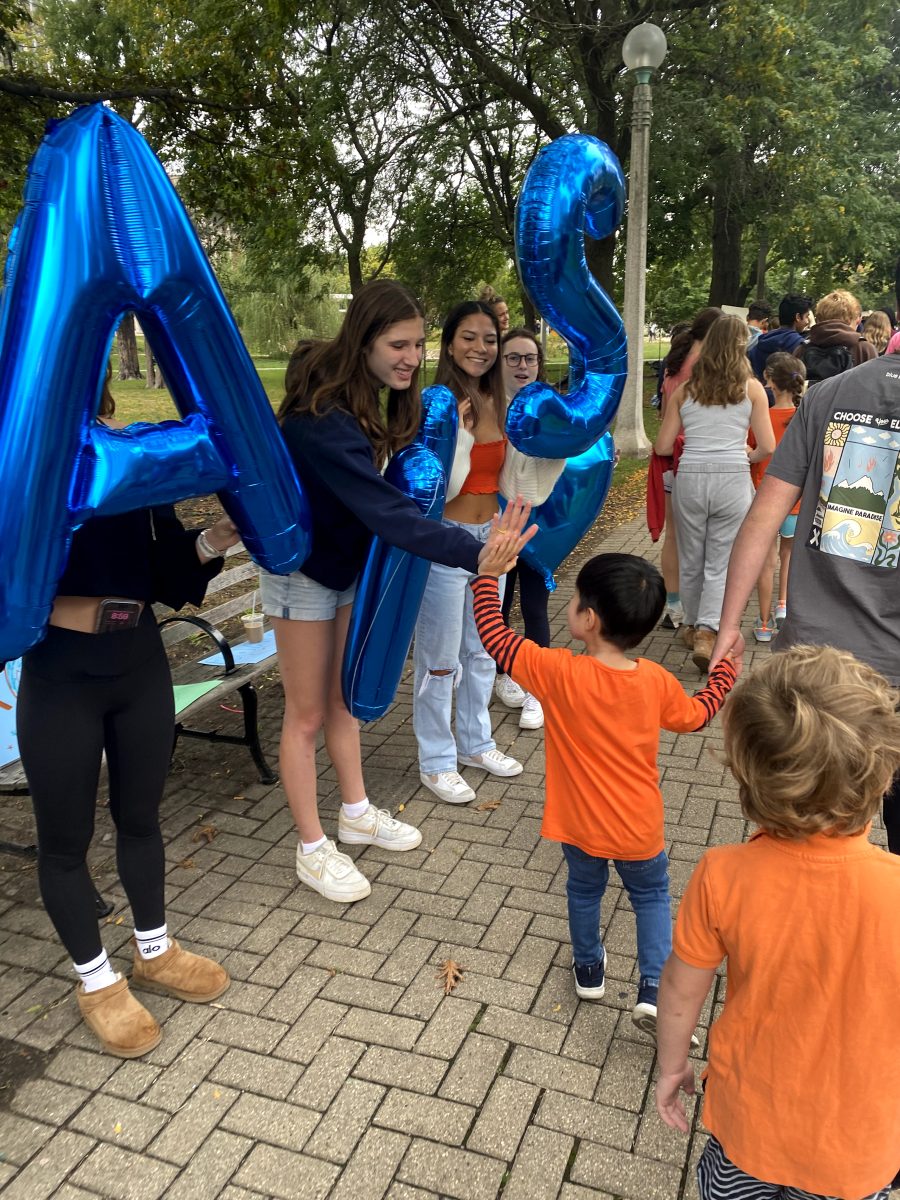
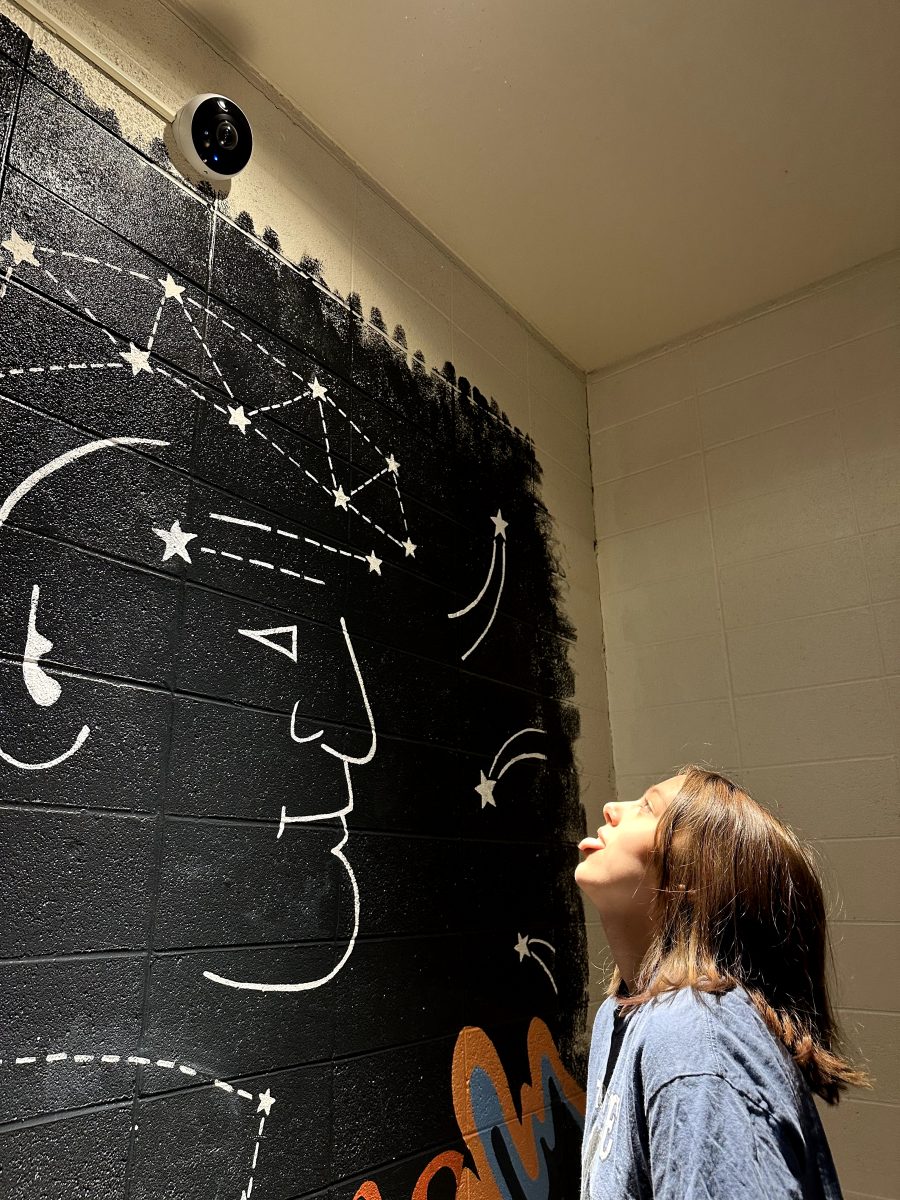
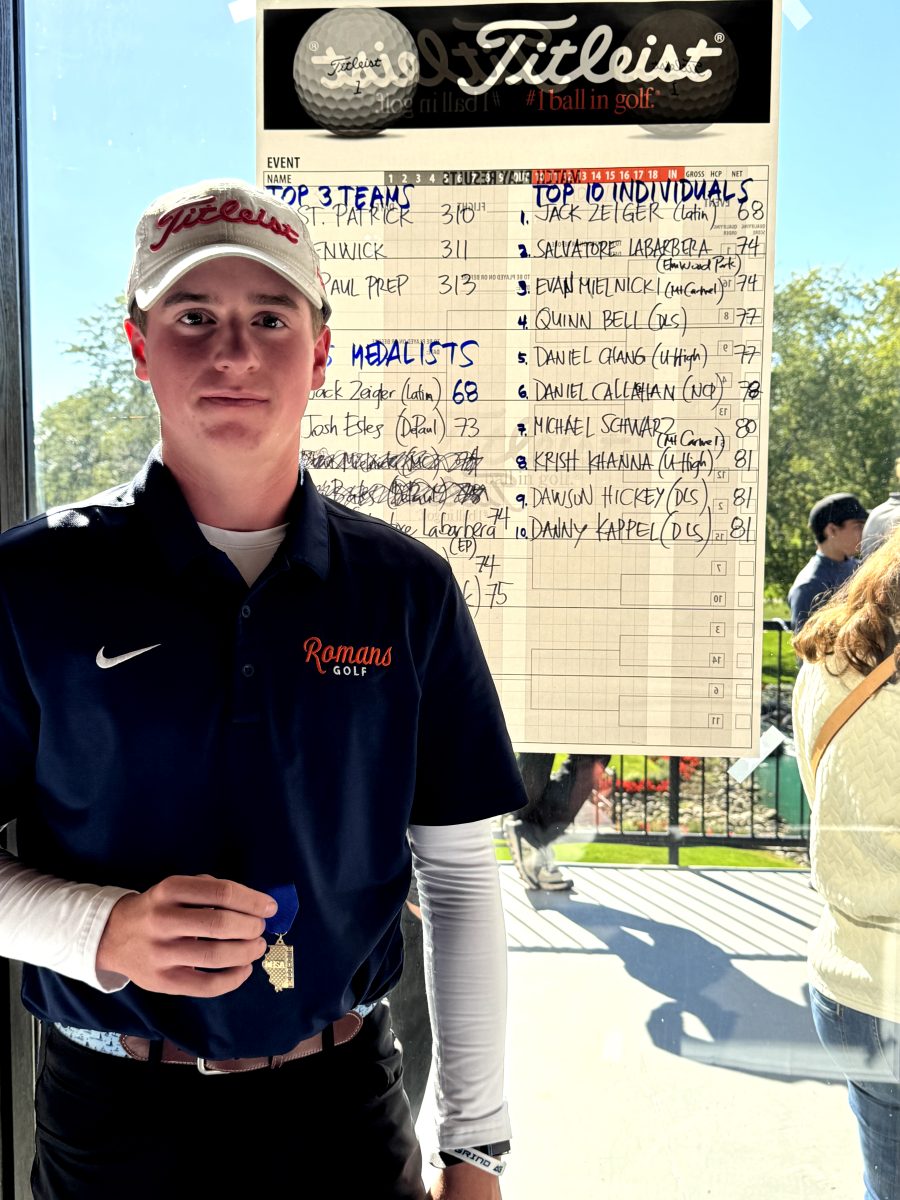
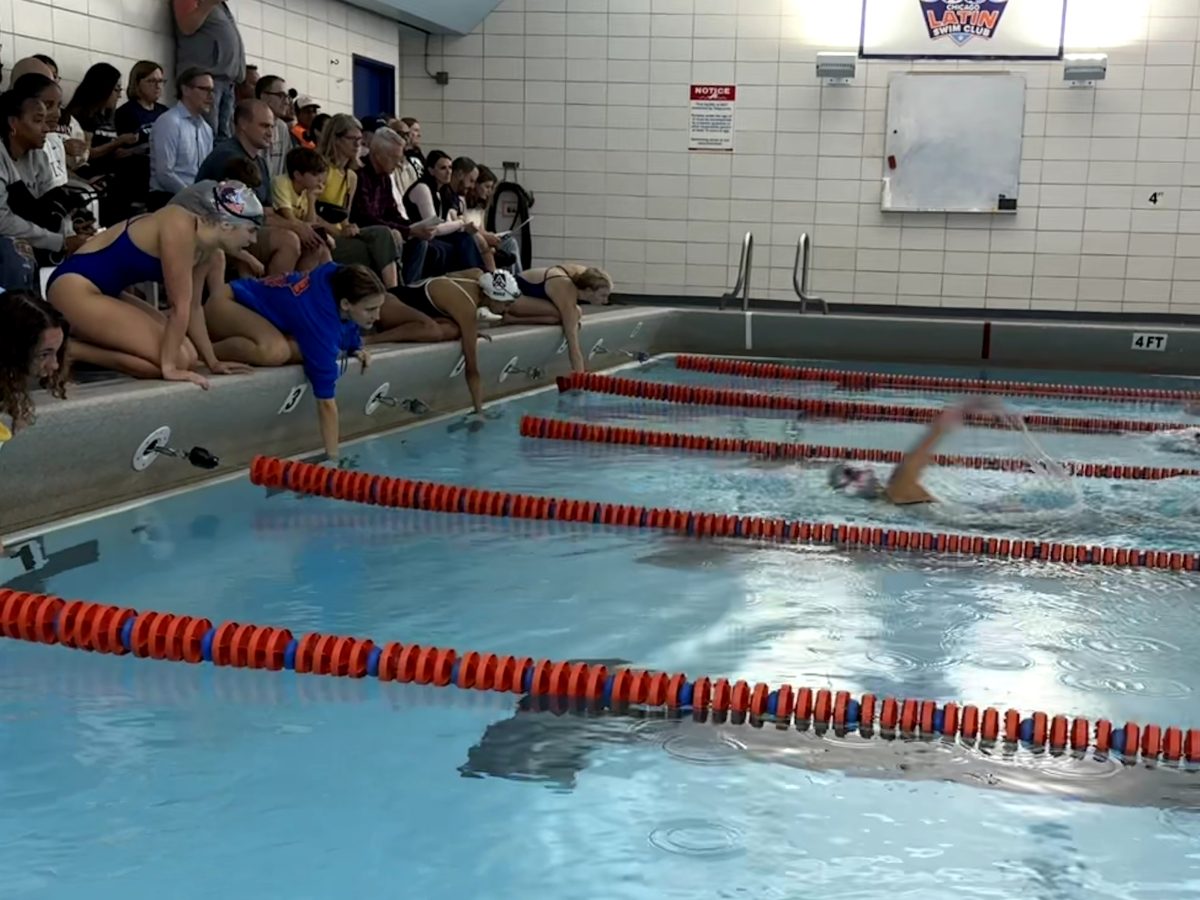
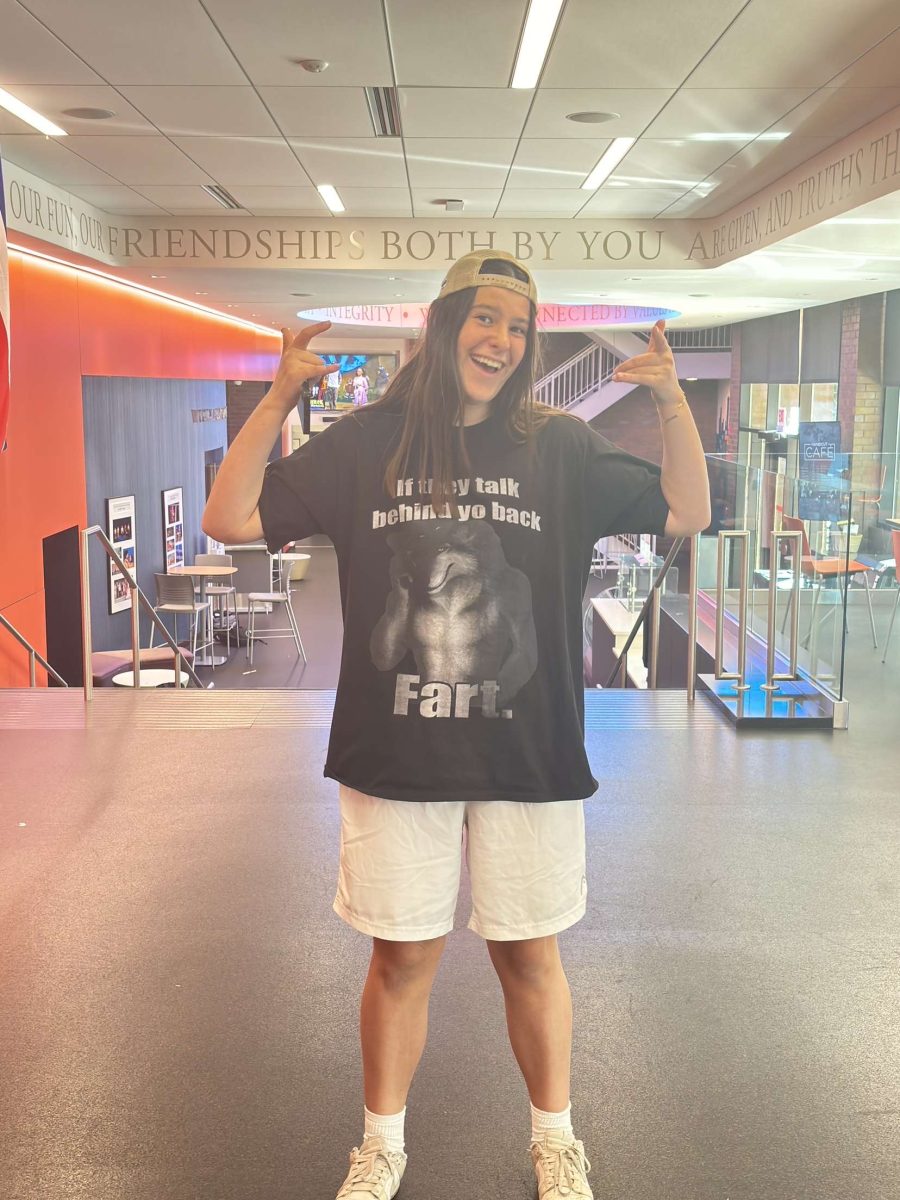












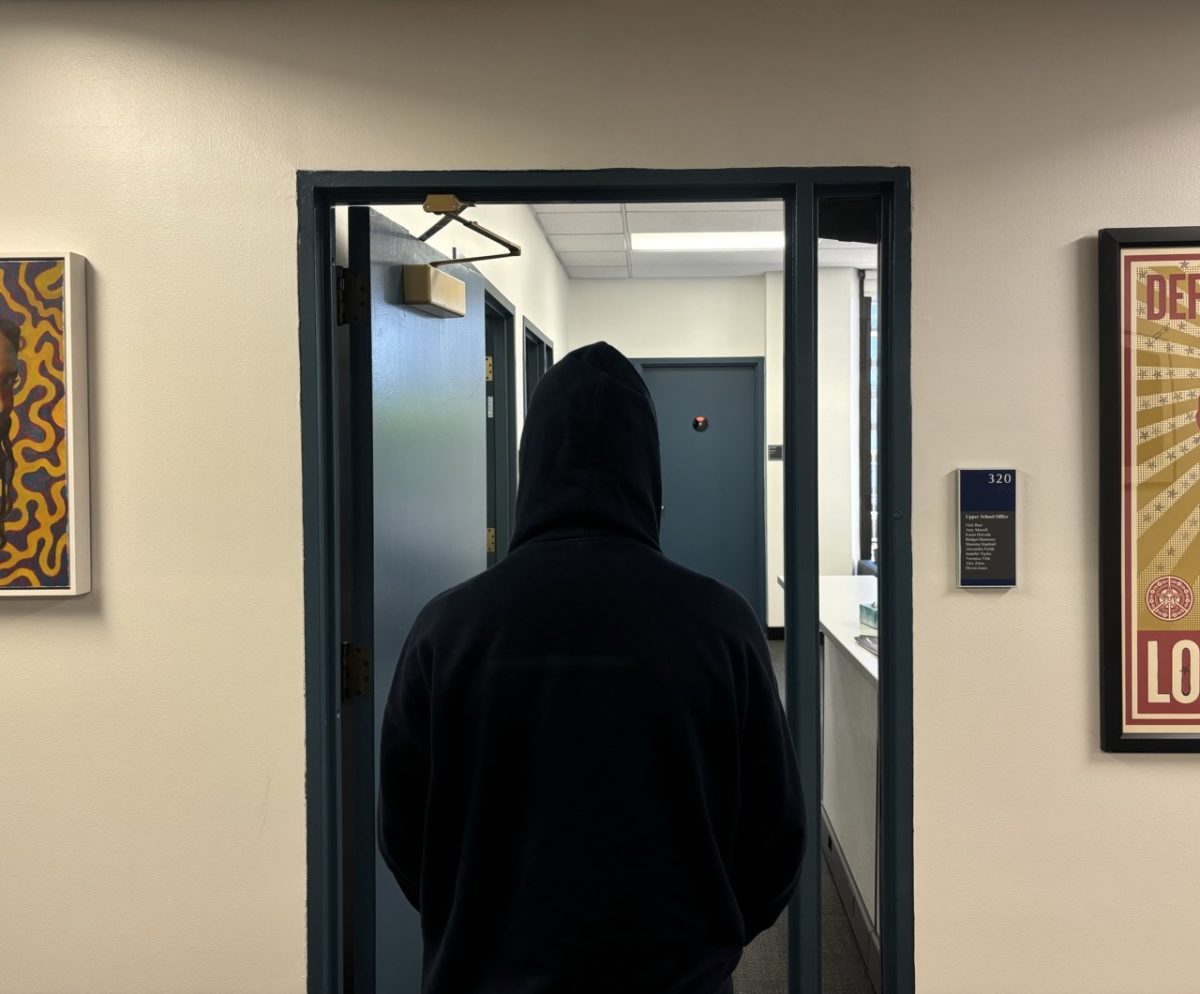
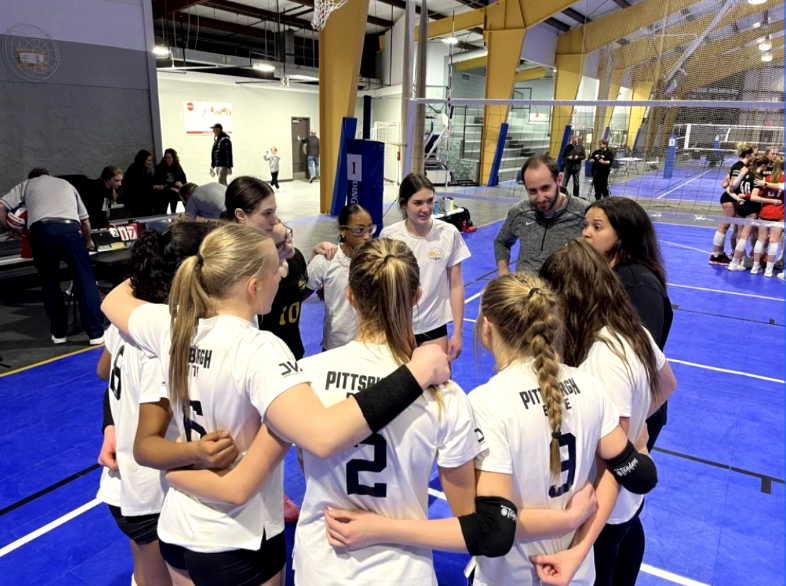

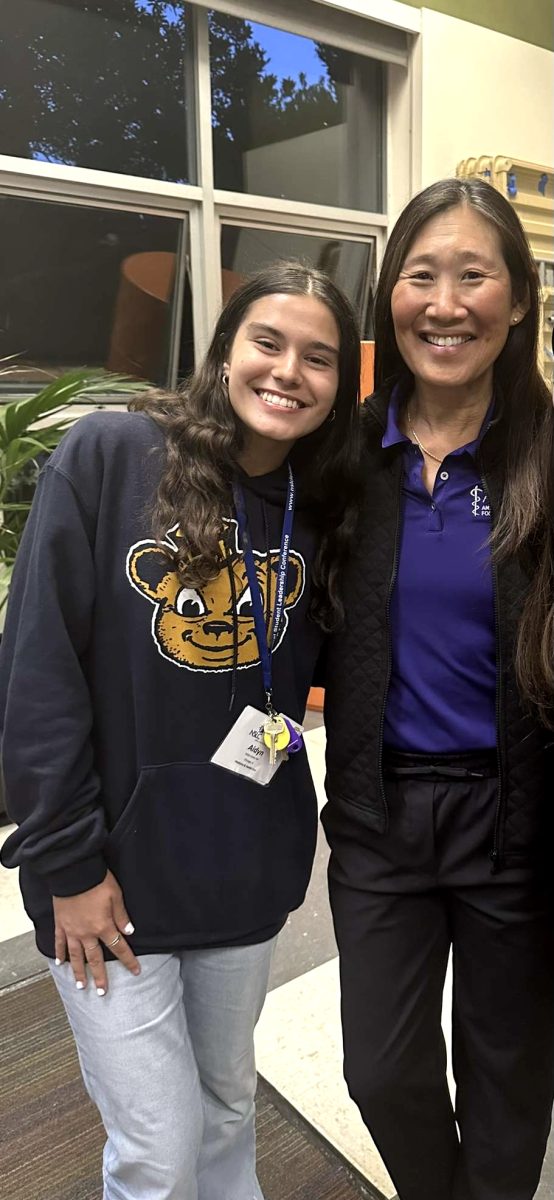



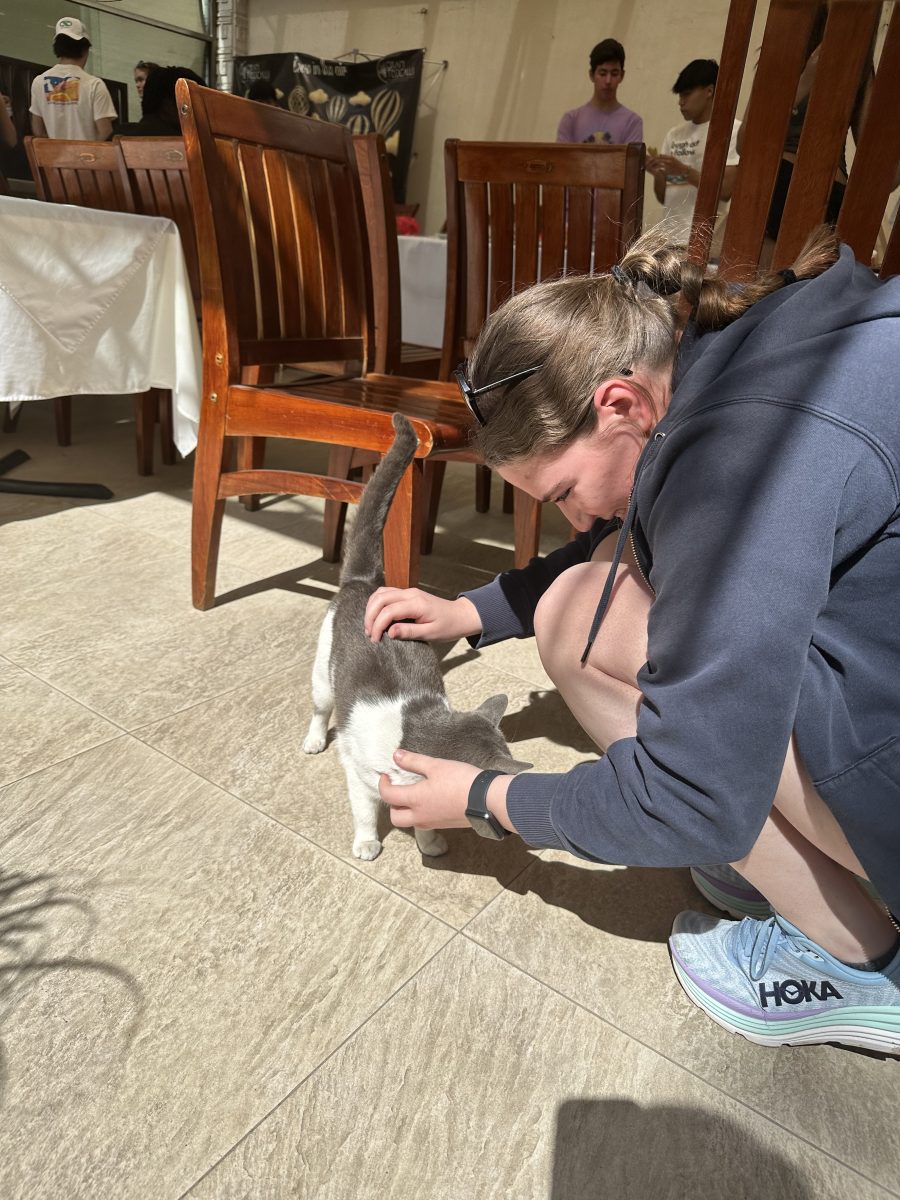




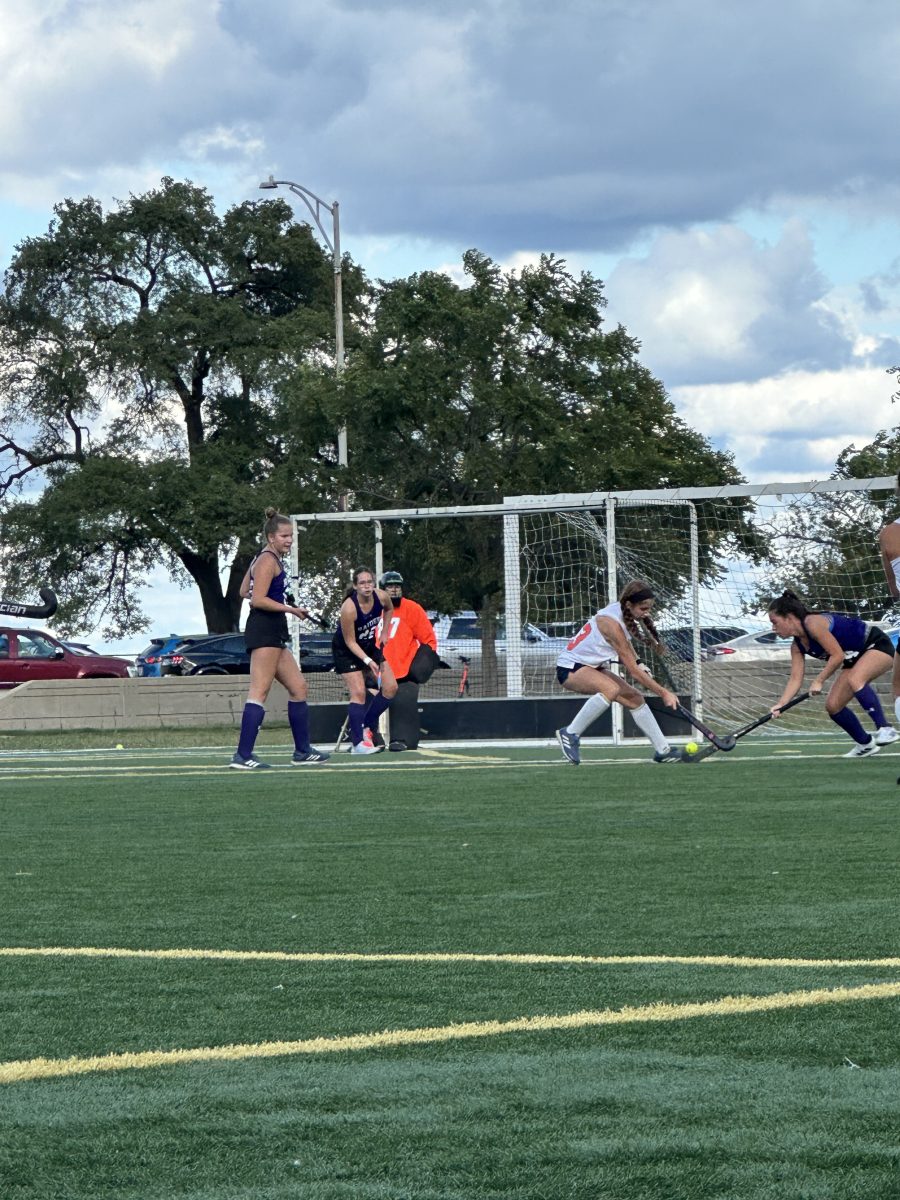
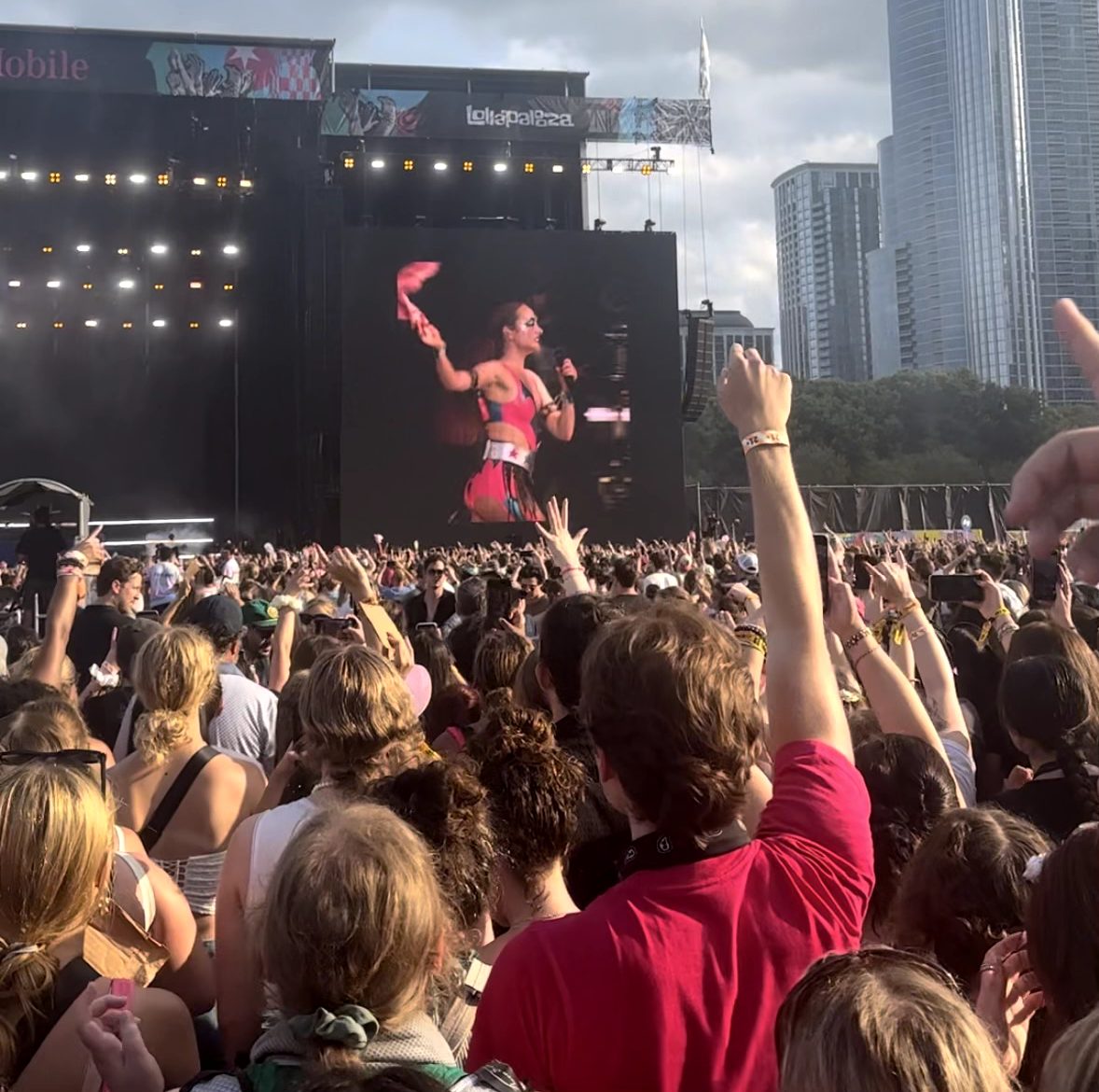
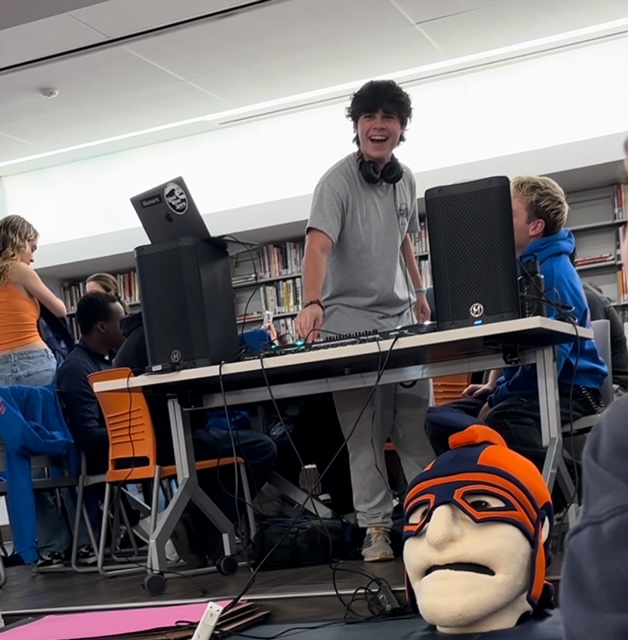
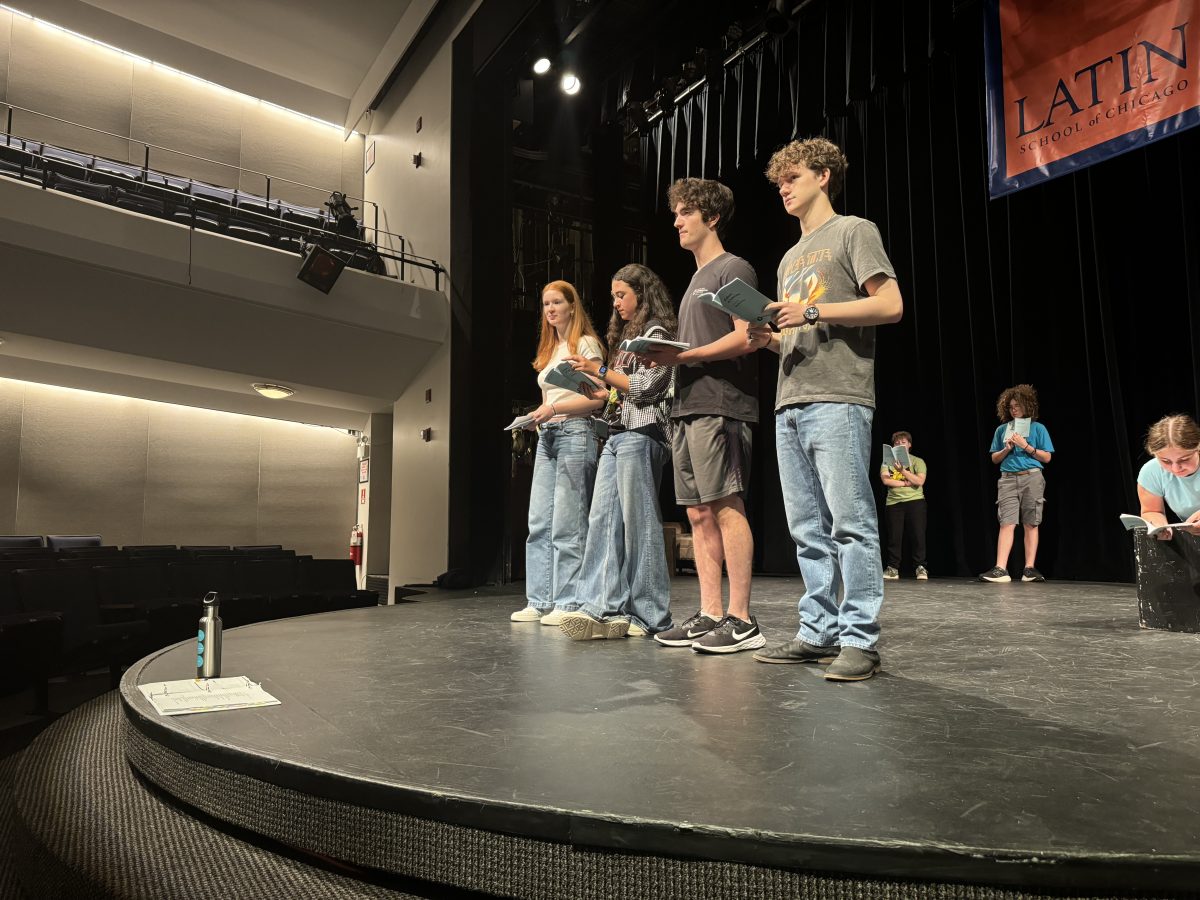




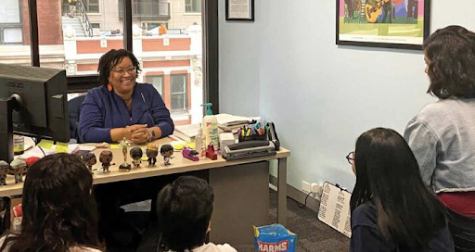
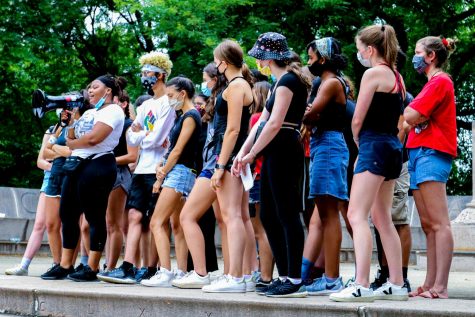

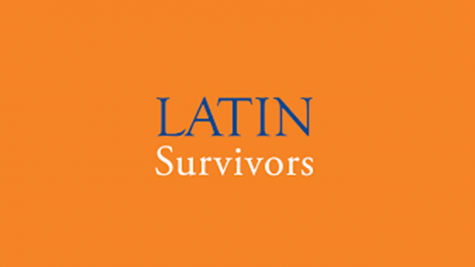

Jim Joyce • Jul 7, 2020 at 12:29 pm
Thank you for for this very helpful article, and please do keep up your great work.
Valencia Fellows • Jun 26, 2020 at 4:13 pm
I am so proud of The Forum for this piece and so many others. You all are doing important and just work, putting the spot light on controversial topics, fueling necessary conversations, creating ‘ah ha’ moments, and finally, giving the community a spring board to learn and act. Keep it up throughout the school year. Very good work!
Lucia Ruggiero • Jun 26, 2020 at 2:46 pm
Great, informative article. Thank you to all the writers and editors who spent their free summer time reporting on important, significant news in our community. This year’s Forum has really taken the extra step with the stories, and it shows.